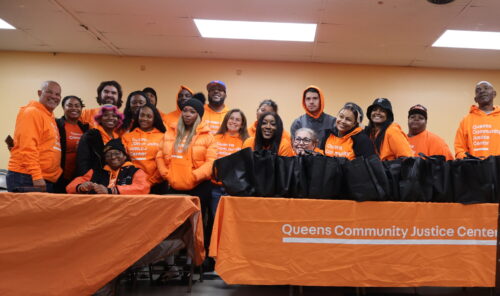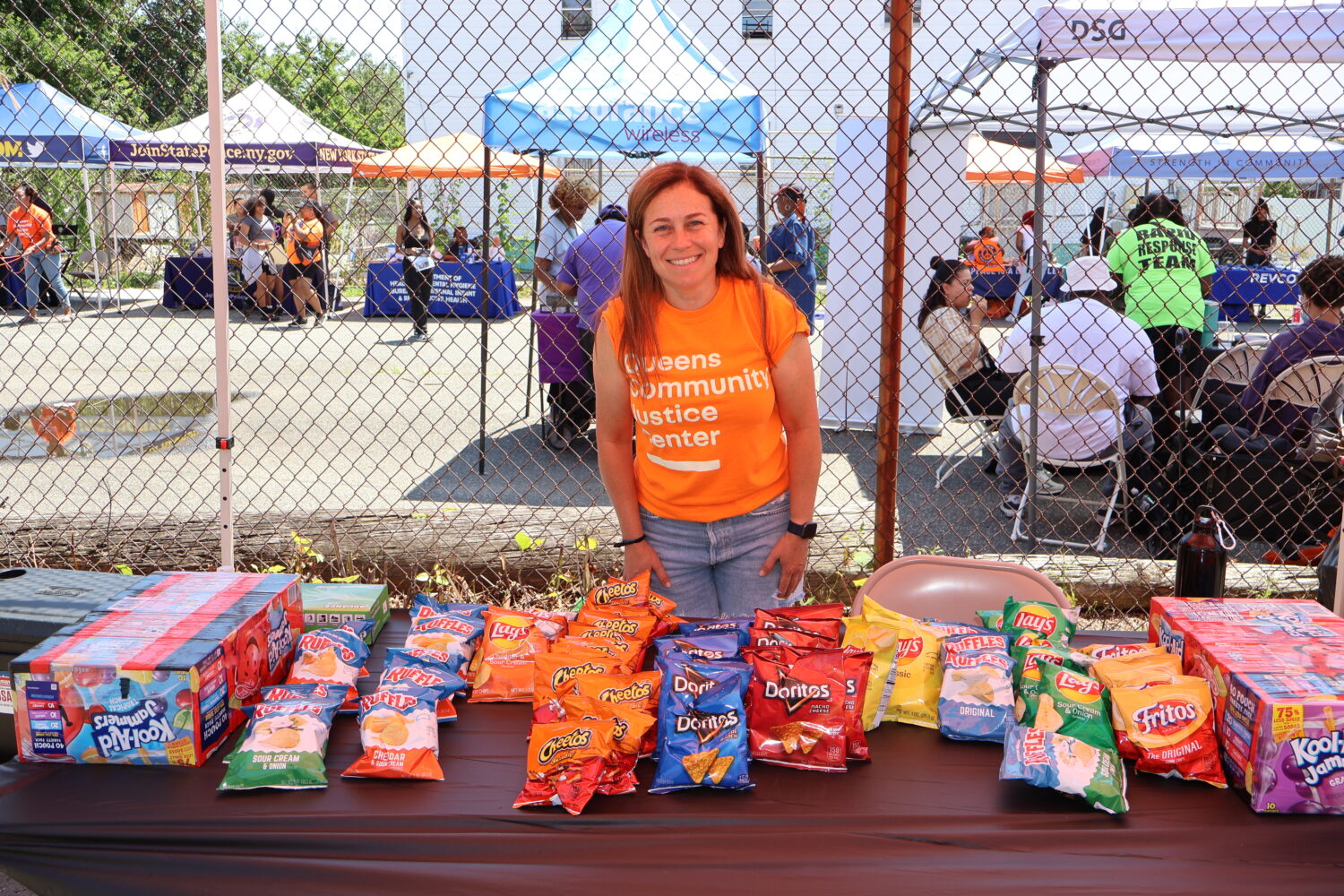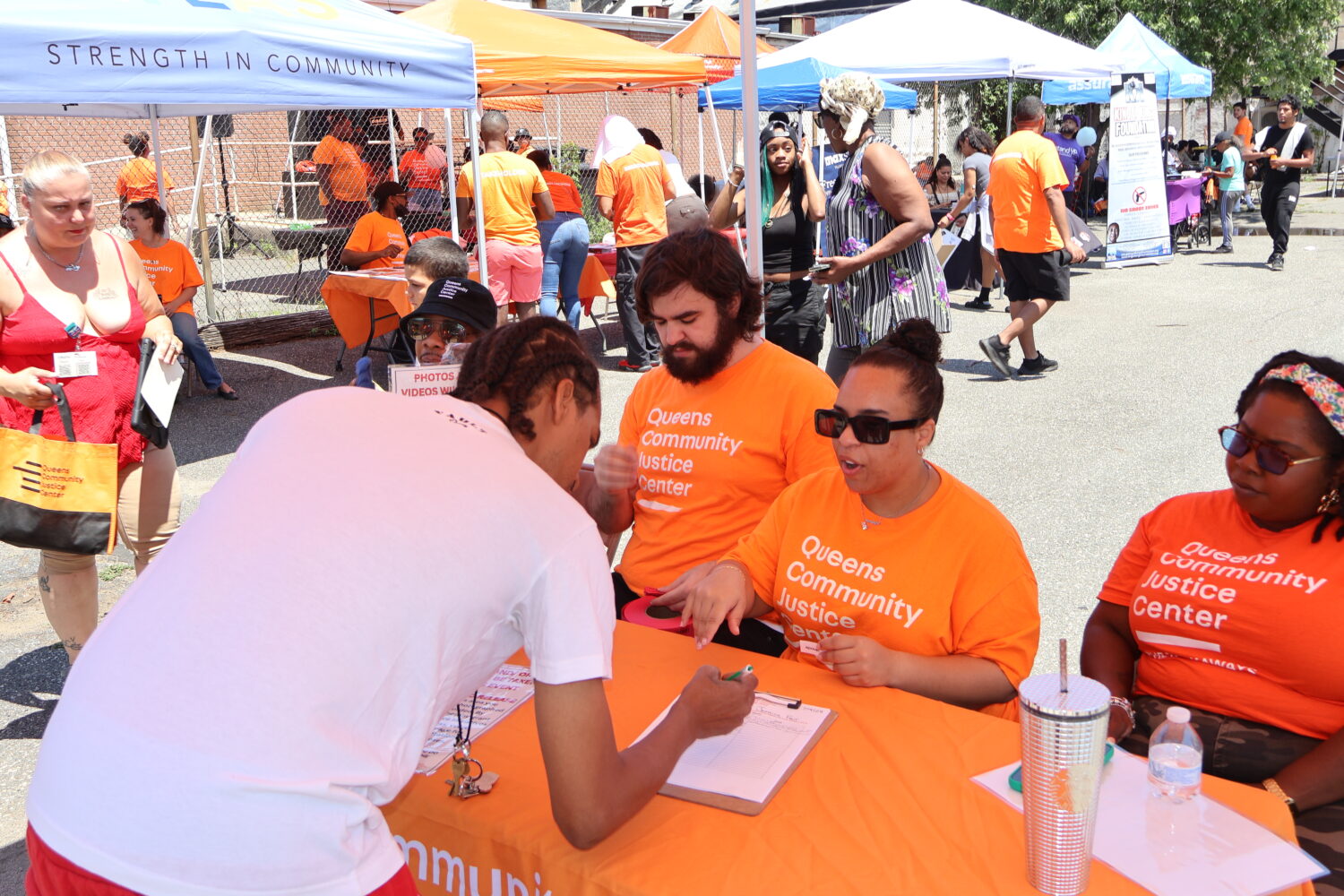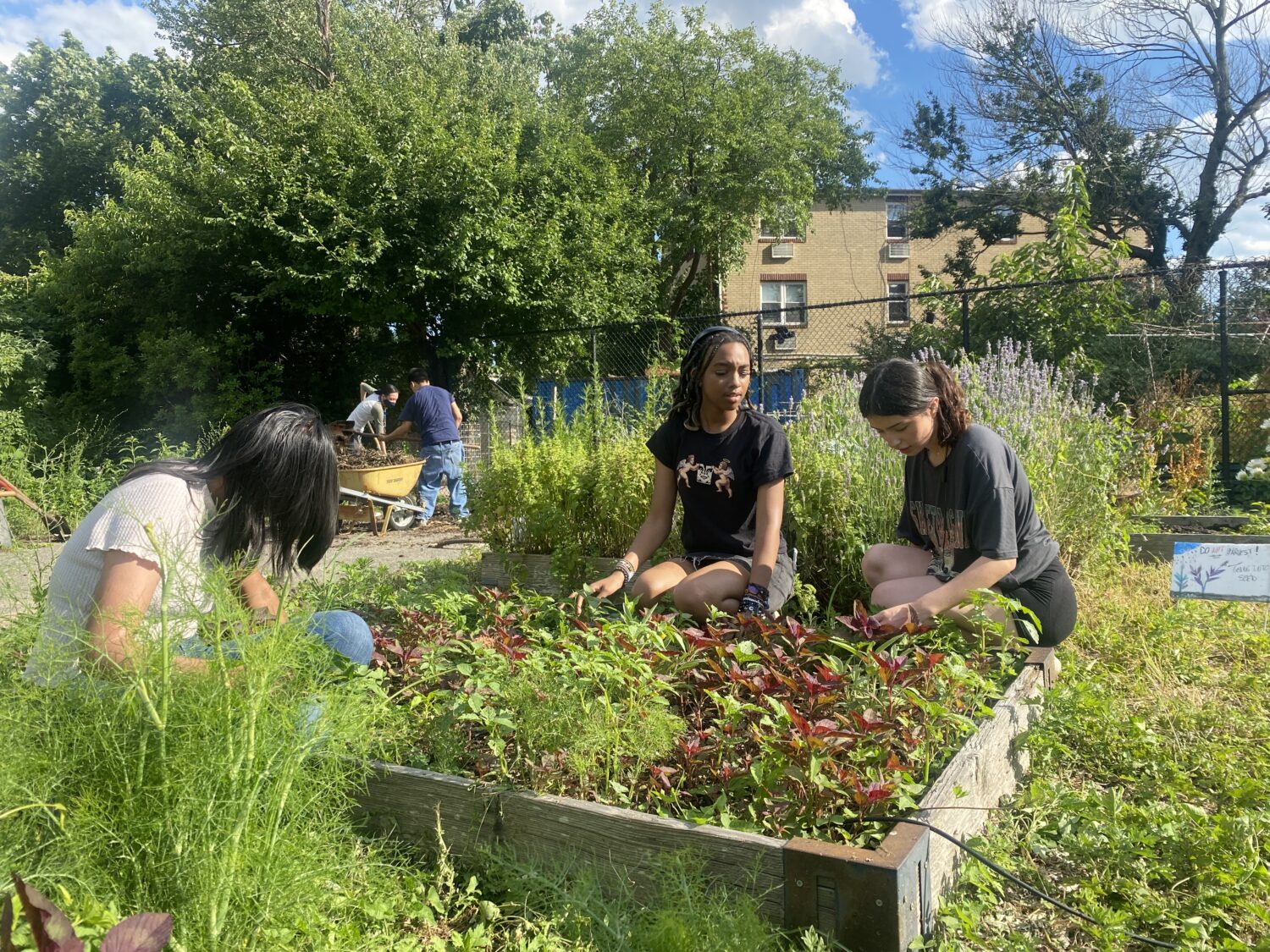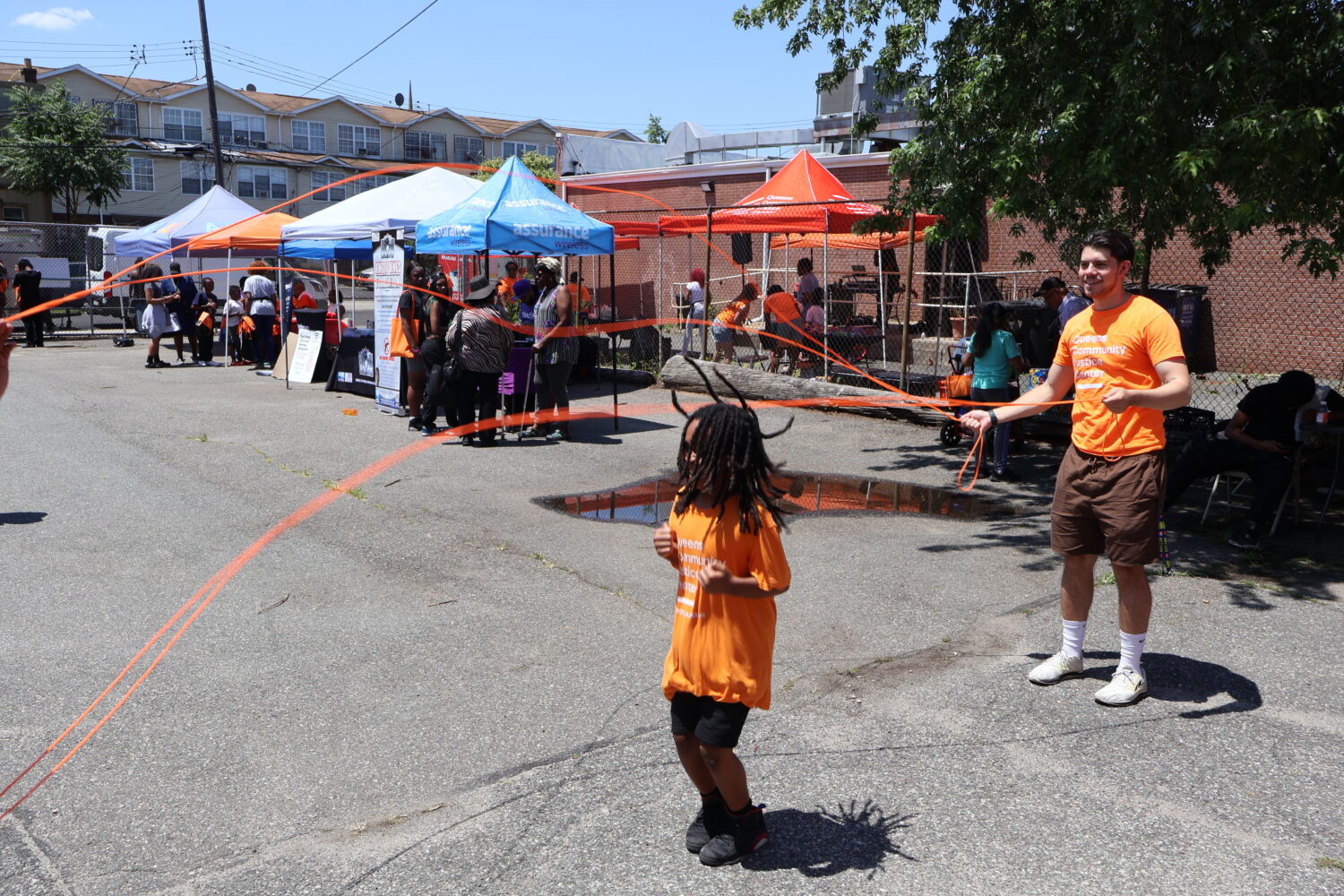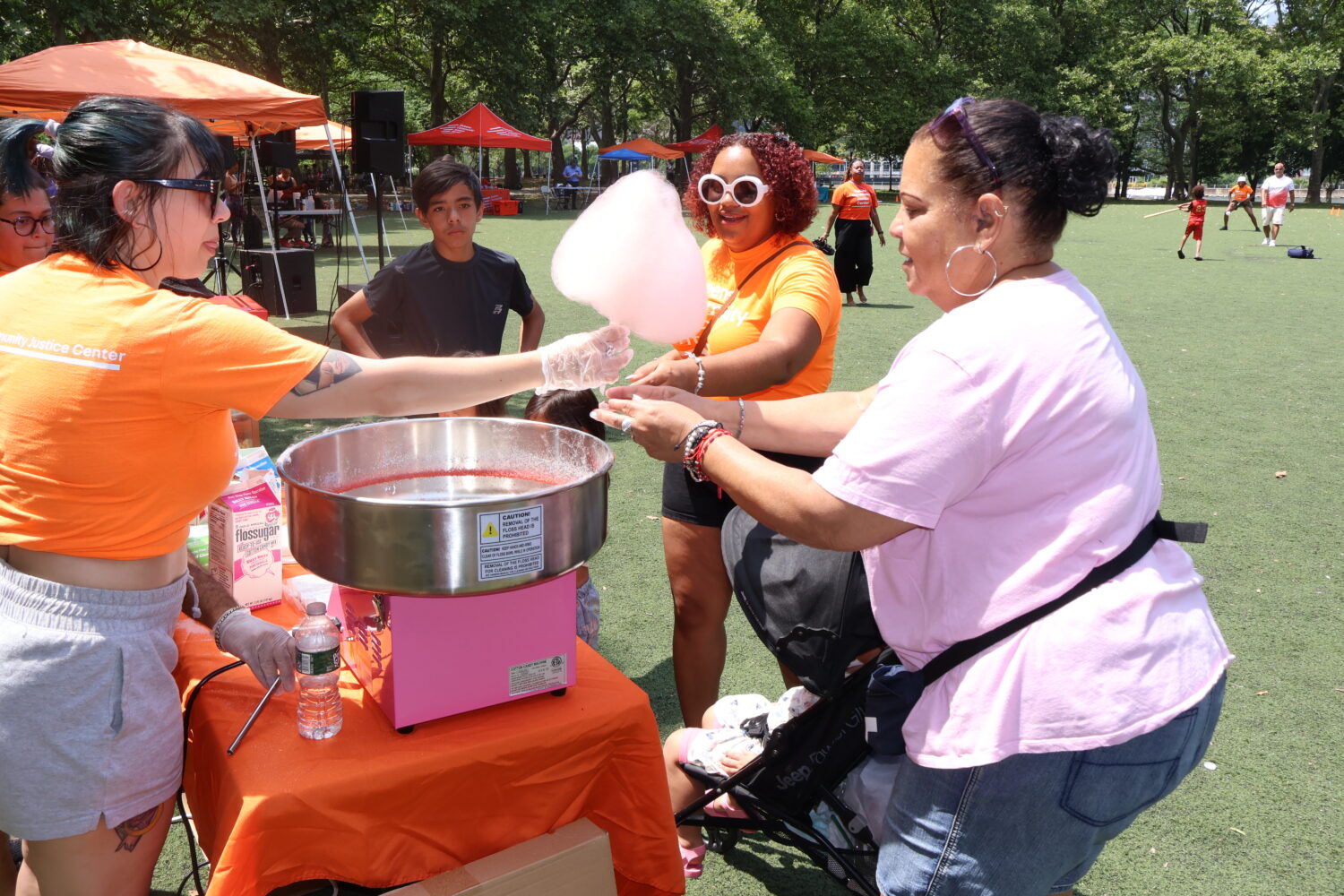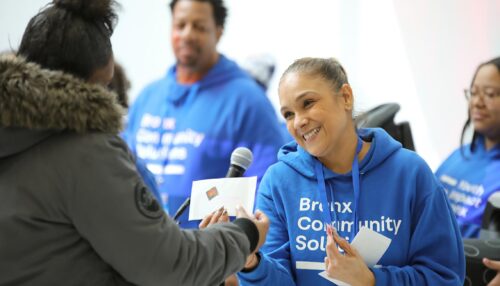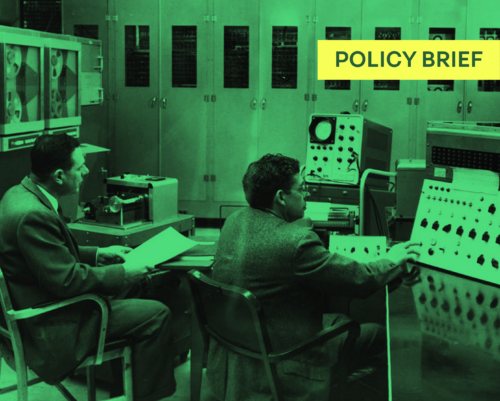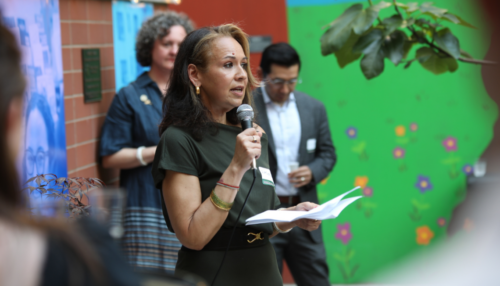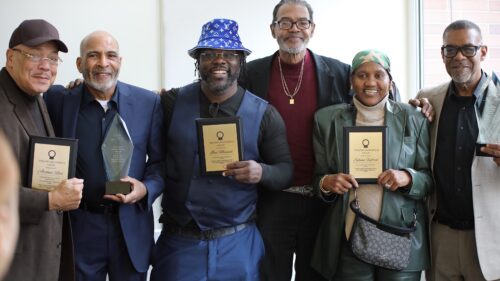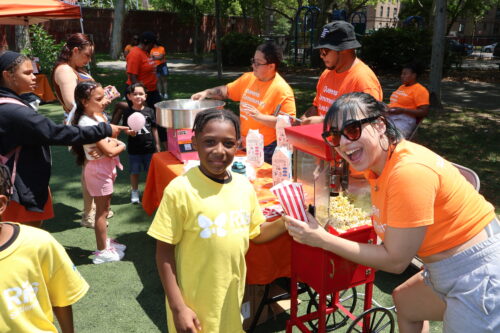Improves public safety and provides pathways out of the justice system by promoting opportunities for youth, investing in communities, and creating new ways of delivering justice.
About Us
The Queens Community Justice Center offers supportive services and opportunities for civic engagement for people of all ages, inside and outside the justice system. We prevent the harms that often accompany contact with the criminal legal system while addressing the underlying needs that bring people into court. With a focus on cultivating healing and resilience, the Justice Center works to create safe and strong neighborhoods with new responses to crime, community-led public design, violence prevention, economic development, and youth opportunity.
Snapshot: 2024 in Focus
In 2024, the Queens Community Justice Center was dedicated to empowering youth, strengthening the workforce, and enhancing the community through impactful programs. Our Youth Initiatives provided essential tools for personal growth, leadership development, and community engagement. Our Justice Initiatives supported individuals within the justice system, helping them reintegrate and reduce recidivism. Our workforce development programs also equipped young people with the skills and experiences needed for long-term career success.
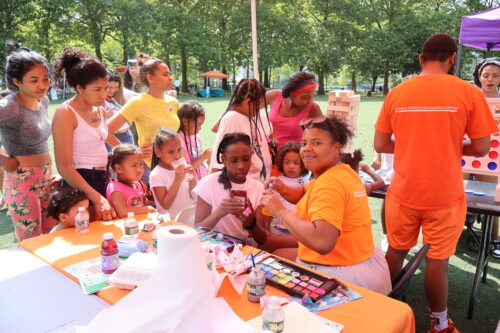
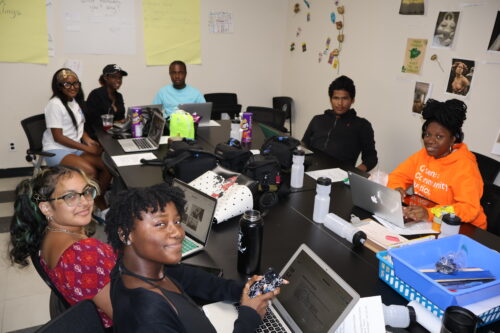
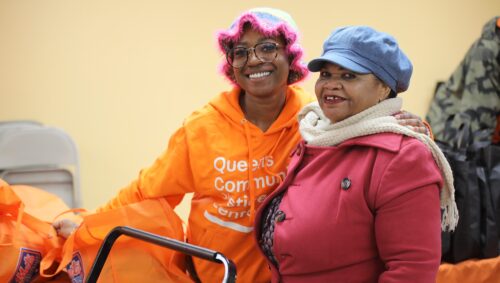

residents served at our community events

in stipends distributed to youth

Queens families engaged in services
Expanding in Queens: Reaching People In and Outside the Justice System
To me, the Queens Community Justice Center has come to mean community and support. Whenever I show up for workshops, good mood or otherwise, I'm always greeted by a comfortable environment where I can be around others without feeling suffocated. It's been great getting to know the staff and other people my age, and it's never hard to talk to any staff!"
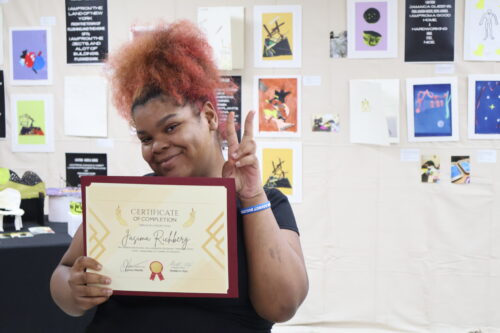
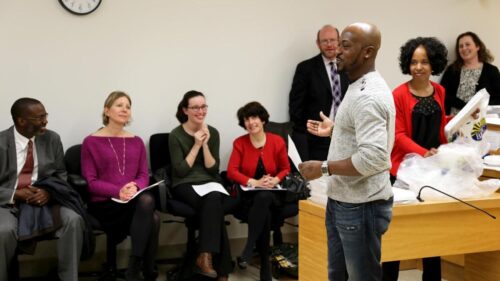
Alternatives to Incarceration
- Alternatives to Incarceration for Adults: The Justice Center provides community-based diversion and sentencing options to reduce the use of incarceration and criminal convictions for people charged with low-level offenses. As part of their engagement, participants may be mandated to social services to address underlying issues, such as substance use disorder, mental illness, unemployment, and trauma. Comprehensive case management, individual and group counseling, and workforce development are available, as well as linkages to longer-term services and offsite referrals for social service needs.
- Alternatives to Detention for Youth: The QUEST alternative-to-detention program offers young people, ages 11 to 17, charged with delinquency a community-based and trauma-informed alternative to detention. The Justice Center provides young people family support, case management, educational advocacy, and recreational afterschool activities and restorative programming. Youth who complete the program are more likely to avoid placement in detention and receive community-based dispositions than those who are detained.
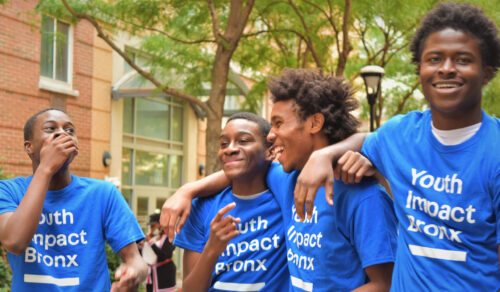
Forging New Leaders: Youth Impact
- Youth Impact gives teenagers from across Queens an opportunity to become transformative leaders. The Justice Center provides members with paid internships, where they provide peer-led diversion to keep young people out of the criminal legal system. They also develop and pilot community projects to address the underlying issues that can cause youth contact with the legal system.
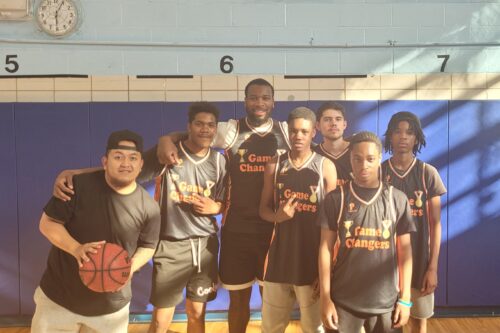
Mentoring Matters: Connecting Youth with Opportunities
Our staff serve as mentors for youth to help them develop interpersonal skills, achieve academic and employment success, and become more engaged with their communities. Initiatives like our ARCHES and Plus+ mentoring programs operate in conjunction with the NYC Department of Probation to reduce crime and recidivism by providing life-changing support for court-involved youth.
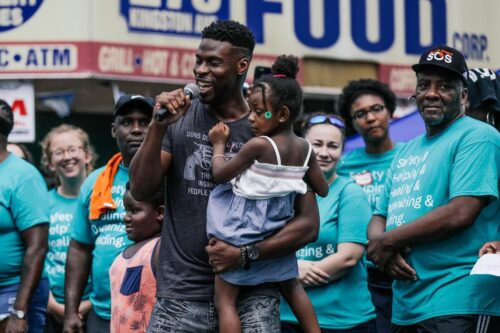
Family Engagement and Support
All Queens Community Justice Center programs incorporate family engagement and support.
- Functional Family Therapy: a short-term, evidence-based approach that engages a young person’s entire family and other influences to facilitate positive growth.
- Parent Support: The Parent Support Program helps families of justice-involved youth understand and navigate the juvenile justice system, offering monthly parent support groups and one-on-one emotional support.
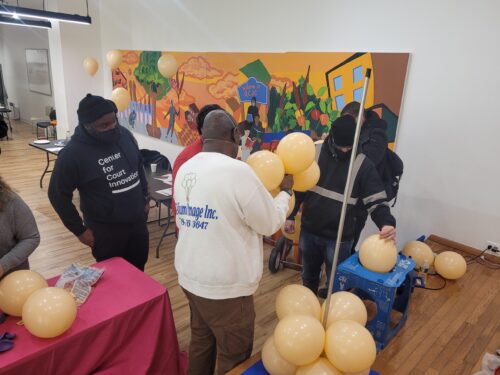
Workforce Development
We offer a range of workforce development initiatives for young people, from weekly workshops on skills like resume writing and public speaking for justice-involved youth, to service-learning projects and internship opportunities, to our urban agriculture programs that help young people build job skills while learning how to cultivate community gardens.
- WORKS PLUS is a flexible work readiness wrap-around program providing services like include career awareness, connections to educational opportunities, assistance with job search competencies, and case management with an emphasis on soft skill and basic life skills development as a means towards work readiness.
- GETTING 2 WORK is a workforce development program for youth, including justice-involved and at-risk youth ages 14 through 17. The goals of the program are to prevent future justice system involvement and improve participants’ life outcomes by providing meaningful, developmentally appropriate opportunities to build employment skills, develop as professionals, and orient themselves away from the justice system and toward a stronger future.
- GROWN is a multi-faceted urban farming agricultural training program designed to give participants a hands-on learning experience in horticulture and urban farming while also learning about food systems and the local environment. Participants receive a stipend for program participation.
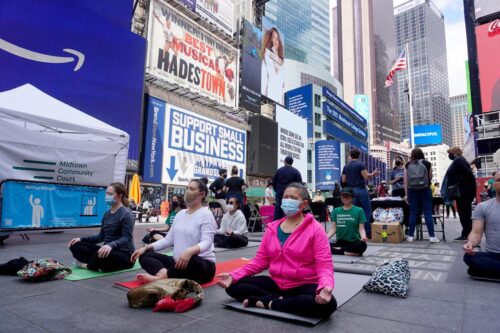
Trauma-Informed Clinical Services
All of the Justice Center’s services are rooted in trauma-informed approaches, from case management services to counseling to social-emotional learning and more.
- Queens Hope provides specialized, direct support and mentoring services to young people who are survivors of or at risk of becoming involved in sexual exploitation/domestic sex trafficking, as well as young women who have been or are at risk of labor trafficking. The program serves young people ages 12 to 24 with or without justice involvement who are vulnerable to commercial sexual exploitation or labor trafficking. A social worker and case manager will work one-on-one and in a group setting with youth, providing intensive case management and trauma-informed, survivor-centered support services, including mentoring when appropriate.
- Coming Home provides a structured, strengths-based community reentry and aftercare program for young people, ages 12 to 18, who are returning to neighborhoods in Queens from juvenile detention and residential facilities. Reentering young people receive a comprehensive range of services from the pre-release period through, at a minimum, the remainder of their disposition. Coming Home emphasizes young people’s strengths and the importance of building core skills and competencies; promoting positive connections to peers, family, and community; and providing opportunities for youth to learn and practice healthy behaviors.
- Uplift is a trauma-informed, culturally competent healing program for young men of color who have experienced exposure to violence, with a special focus on individuals in the justice system. Uplift services are designed specifically to respond to youth with gun charges, violent felonies, and/or gang-related charges. Its mission is to give young men who have experienced violence the tools necessary to overcome traumatic experiences and enable them to succeed in spite of those experiences.
